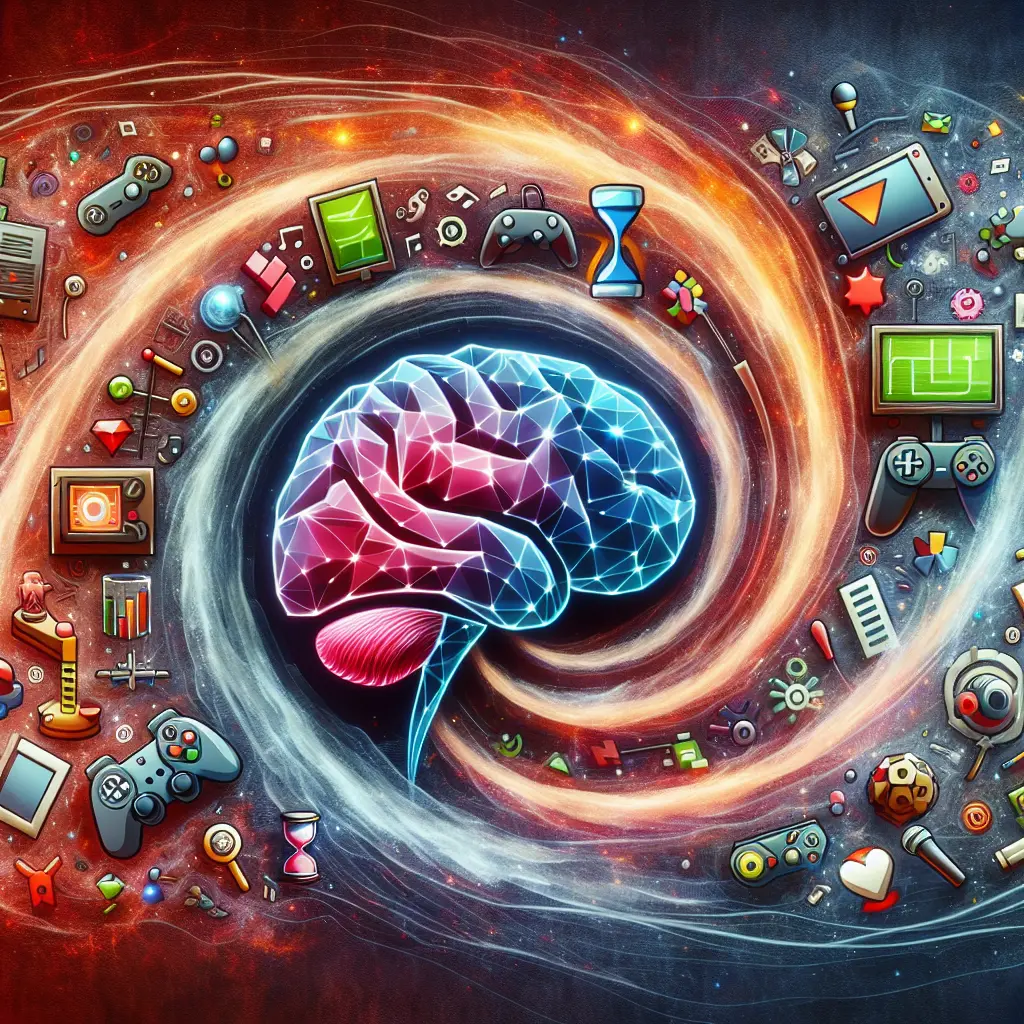
Fortnite, since its launch by Epic Games in 2017, has not only revolutionized the gaming landscape but also significantly influenced the psychology of its players. The game’s addictive nature can be attributed to a variety of psychological and behavioral tactics that have sparked discussions about Fortnite addiction and the broader implications of addictive video games. In this blog post, we will explore the psychology of Fortnite, its engagement tactics, and the broader psychological effects of such gaming environments. We will also look at recent developments in Fortnite’s universe and how these changes impact player behavior and engagement.
Understanding the Psychology of Fortnite
The core appeal of Fortnite lies in its engaging battle royale format, where players compete to be the last one standing. This highly competitive environment leverages basic human instincts of survival and achievement. Psychologically, Fortnite crafts an experience that rewards players not just for winning, but for the nuances of gameplay like exploration, teamwork, and quick thinking, all of which trigger a rewarding dopamine release, a neurotransmitter linked to pleasure and satisfaction (Source: Psychology Today).
Fortnite Engagement Tactics
Epic Games masterfully uses various engagement tactics that contribute to what many call 'Fortnite addiction'. The game’s structure includes a compulsion loop of short matches that encourage an ‘one more game’ mentality, which is a hallmark of addictive video games. The frequent updates and introduction of new features, such as the recent Fortnite update v30.30 that introduced new skins like Deadpool and Fall Guys, ensure the game remains fresh and continuously engaging (Source: Epic Games).
Recent Updates and Their Psychological Impacts
Political Violence Issue: Recent discussions in gaming communities suggest that Fortnite has grappled with representations of political violence, influencing player perceptions and interactions within the game (Source: The Guardian).
Battle Pass Rewards: The reintroduction of popular battle pass rewards keeps players returning, motivated by a fear of missing out (FOMO) on exclusive content (Source: Epic Games).
Lego Collaboration: The introduction of Lego’s first official Fortnite sets, playfully exploring themes like ‘Peeling a Banana’, adds a tangible collectible aspect to the game, bridging digital and physical play (Source: LEGO).
Cybertrucks in Gameplay: The ability to interact with popular culture icons like Tesla’s Cybertrucks in-game provides relatable touchpoints for players, further enhancing engagement (Source: Epic Games).
Return to iPhones: Fortnite’s return to iPhone platforms after a lengthy legal battle with Apple marks a significant milestone, expanding accessibility and potentially increasing the game’s user base (Source: Bloomberg).
Protests Against Samsung: Epic Games’ protest against Samsung’s practices reflects its ongoing commitment to fair play and consumer rights, potentially strengthening player loyalty (Source: BBC News).
Cursed Sails Pass: The thematic content like the Cursed Sails Pass encourages deep diving into narrative elements, enriching the player experience (Source: Epic Games).
Fortnite Addiction Symptoms and Video Game Addiction Treatment
The addictive quality of Fortnite can lead to several symptoms such as prolonged gaming sessions, disrupted sleep patterns, irritability when not playing, and a preference for gaming over other activities. Recognizing these symptoms is crucial for addressing potential gaming addiction.
Treatment for video game addiction often involves cognitive-behavioral therapy, which helps individuals recognize their gaming behavior patterns and develop strategies to moderate their gaming habits (Source: American Psychiatric Association). Support groups and counseling can also provide necessary support.
Fortnite Behavioral Impact
Fortnite's impact on behavior extends beyond individual symptoms of addiction. It influences social interactions, with players forming virtual friendships that can both positively and negatively influence their social skills. Moreover, Fortnite’s reward system can affect a player’s sense of achievement, sometimes translating into unrealistic expectations in real life.
Concluding Thoughts
Fortnite remains at the forefront of addictive video games due to its dynamic content updates, engaging gameplay mechanics, and psychological hooks. While it offers immense entertainment value and social connectivity, it also presents challenges like potential addiction and behavioral impacts. As we continue to enjoy what Epic Games brings to the virtual table, awareness and moderation are key in balancing our engagement with our overall well-being.
Thank you for joining me in this exploration of Fortnite's fascinating psychological landscape. As we navigate both virtual worlds and real-life challenges, let's strive for balance and mindfulness in all our gaming adventures.
Yours in gaming, Theodore Baxter